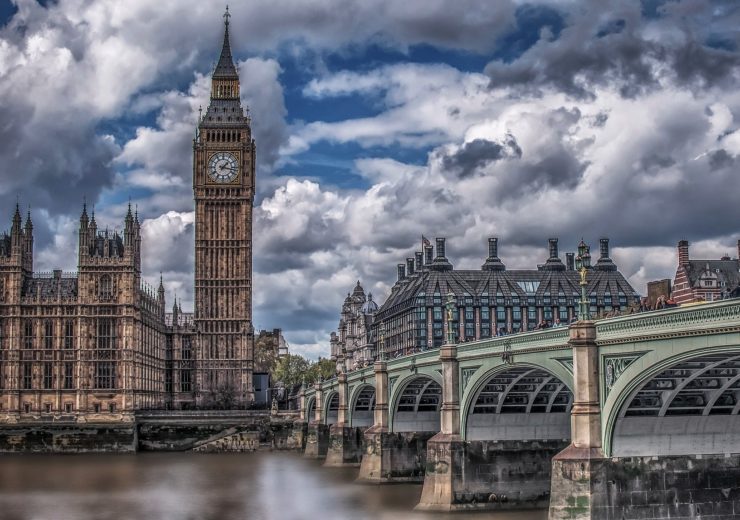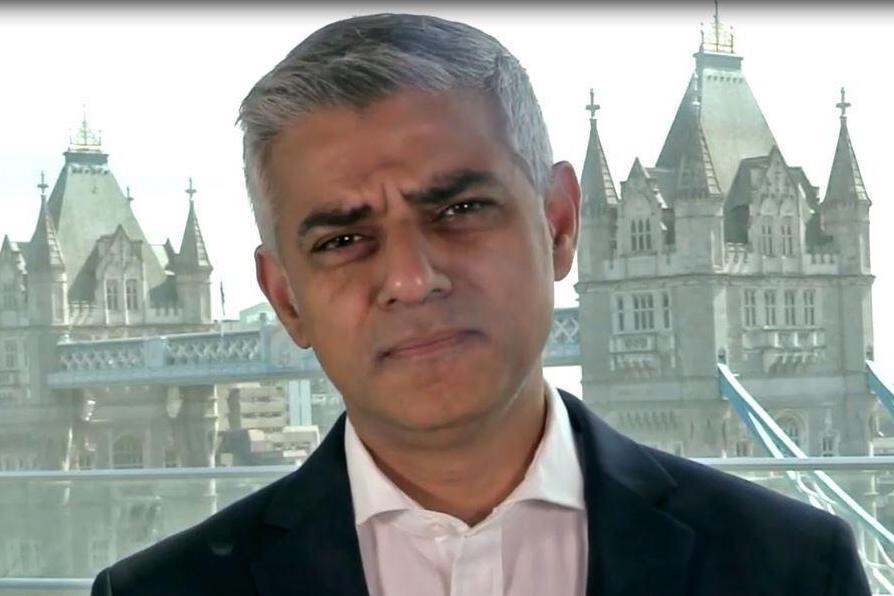Sadiq Khan, Mayor of London, introduced the world's first ultra-low emission zone to tackle levels of toxic air in the city in April 2019

Research by King's College University in London found that the city has illegal levels of air pollution (Credit: Pixabay)
The Mayor of London’s plan to tackle the toxic air health crisis will save the NHS £5bn ($6.5bn) by 2050 and cut the number of pollution-related diseases in the city, says a new report.
It’s claimed the ultra-low emission zone (ULEZ) in London and several other policies introduced by Mayor Sadiq Khan will mean 300,000 fewer people develop conditions such as heart disease, lung cancer and dementia.
This according to a report by UK healthcare analytics company HealthLumen, on the long-term impacts of exposure to toxic pollutants including NO2 (nitrous dioxide) and PM2.5 (a harmful type of particulate matter) in London.
The report, which was commissioned by Transport for London and the Greater London Authority, also estimates that without Khan’s policies the toxic air health crisis in the city will cost the NHS and social care system £10.4bn ($13.5bn) — and result in an extra one million hospital admissions — over the next 30 years.
Khan said: “Air pollution is a national health crisis that is contributing to thousands of premature deaths in London alone.
“Toxic air causes long-lasting harm and could devastate lives for generations.
“This new data shows that the action we’re taking is already making a difference and saving lives.
“The ULEZ, in particular, will have a transformative impact in the coming years, with one million fewer air pollution-related hospital admissions and billions of pounds saved to the NHS.”
Toxic air health crisis in London
Central London has one of the highest levels of air pollution anywhere in the UK.
HealthLumen says toxic pollutants lead to thousands of premature deaths every year, increase the risk of asthma, dementia and cancer, and stunt the development of children’s lungs.
Tiny toxic particles known as PM2.5 can also enter the bloodstream and increase the risk of a heart attack or stroke.
The HealthLumen report also claims how — without the Mayor’s new policies — about 550,000 Londoners would be set to develop diseases caused by man-made air pollution by 2050.
According to the company’s COO, Dr Laura Webber, this will amount to a total of 850,000 cases of new diseases attributable to NO2 and PM2.5 in the same timeframe.

She added: “This will place a significant burden on London’s health and social care system.
“The Mayor’s policies in place to reduce and restrict NO2 and PM2.5 are expected to have an important and positive impact on the reduction of air pollution-related disease across London over the next 30 years.”
Research conducted by King’s College University in London has also found that, without Khan’s newly-introduced measures, the city’s air would be at an illegal level of toxicity for another 193 years.
However, with these measures, King’s College analysis indicates that the air in London will reach legal limits by 2025.
The ultra-low emission zone
Khan introduced the ULEZ to central London in April 2019.
When it was introduced, ULEZ was the first and most stringent low-emission zone of its kind anywhere in the world.
It covers the same area as the longstanding Congestion Charge — introduced by then-mayor Ken Livingstone in 2003 — and operates alongside it. It is in place 24 hours a day, seven days a week, 365 days a year.

Motorists who drive into the ULEZ in a vehicle that does not meet European emission standards have to pay a daily charge of £12.50 ($16.16) per day for cars, vans and motorbikes, and £100 ($129.24) per day for lorries, buses and coaches.
The HealthLumen report claims that the low-emission zone has led to immediate health benefits since its introduction, with fewer polluting cars being driven and roadside NO2 levels decreasing by 36%.
Aside from the ULEZ, Khan’s other prominent air quality policies include low-emission bus zones and no longer providing licences for new diesel taxis in London.
